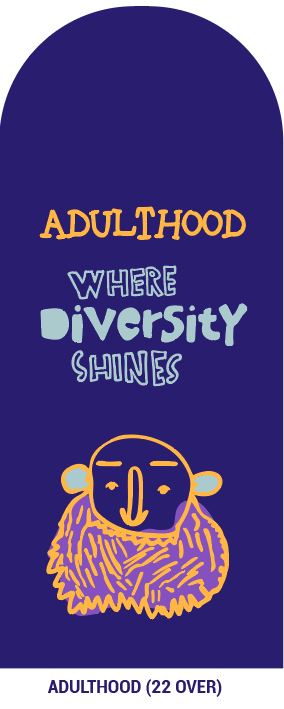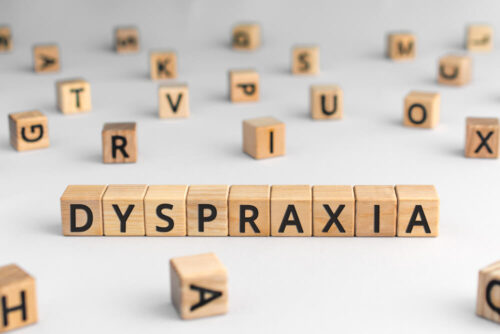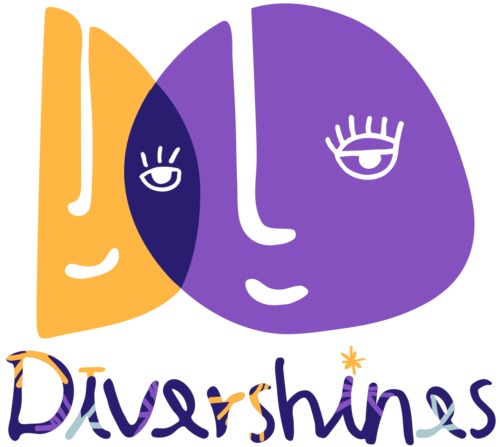
Adulthood (19 years and beyond):
Time for Achievement and Responsibility.
Full adulthood begins around 19 years old and extends over several decades as individuals develop and consolidate their independence, life plans, and contributions to society. People with autism face unique challenges in areas such as employment, relationships, and independent living as they transition to adulthood. However, with appropriate support and a positive approach, individuals within the autism spectrum can thrive and lead fulfilling lives beyond the age of 19.
While the transition to adulthood presents challenges, it also opens new doors for individuals with autism to explore their talents, connect with others, and find their purpose. Far from being a story of limitations, adulthood offers opportunities for growth.
People with autism may struggle with navigating the job search process, interviews, and social dynamics in the workplace. Their strengths, such as attention to detail and focus on repetitive tasks, are often underutilized. However, in an inclusive work environment, adults with autism have much to offer with their systematic thinking, dedication, and specialized skills. Identifying these strengths and finding a compatible career allows them to fulfill their potential. Many companies actively seek to diversify their workforce by hiring adults with autism.
Relationships with others can be challenging but not impossible. With patience, open communication, and an open mind, friendships can be cultivated. Romantic relationships also become possible, enriching the human experience of autism.
Independence, with the right personalized support, allows individuals with autism to live on their own and manage daily responsibilities. Technology, therapies, and trained support workers enable the creation of an accessible home.
Adulthood with autism has its challenges but approaching it with a positive mindset and a focus on possibilities makes a significant difference. Each person with autism has a lot to offer; they just need opportunities to shine.
Here, we provide a community that wants to share experiences, information, data, etc., to make this stage more rewarding and successful for everyone.

ARTICLES

Relationship Between Autism and Dyspraxia Understanding the Conditions and Best Practices
Autism often coexists with other conditions, presenting certain challenges in daily life, such as in the case of dyspraxia. Today, we will address this topic and provide recommendations to equip people on the spectrum with dyspraxia with tools to help them develop.

Halloween Tips for Autistic Kids By Sivan Hong
Halloween festivities, while fun for most, can be overwhelming and challenging for autistic children. As a mother of an autistic child, I’ve navigated many Halloweens, each with its own set of challenges and successes

Unique Gifts with a Purpose at NinthPlanetCrafts
NinthPlanetCrafts is a unique store that beautifully combines the worlds of science and art while celebrating neurodiversity. With 229 sales and an impressive 5-star rating, this shop has quickly become a favorite for buyers seeking meaningful and distinctive gifts.

Unique Perspectives Through the Eyes of ClofiArt
Janet Gerrard is an artist who uses her ADHD and autism to fuel her creativity. Her work is a testament to the unique perspectives and strengths of neurodivergent individuals. Each piece is a journey into her inner world, marked by bold colors, dynamic movements, and deep emotional resonance. Janet’s mission is to challenge stereotypes associated with neurodivergence and highlight the beauty of seeing the world differently.

Top Shines and Get to Know Me: Promoting Autistic Empowerment
Autistic empowerment is at the heart of everything we do at Divershines, and we highlight it in our Top Shines and Get to Know Me sections. Our mission is to showcase the achievements of individuals on the autism spectrum, highlighting their talents and success stories. In this post, we’ll explore what “Top Shines” and the “Get to Know Me” segment are all about, both designed to inspire and empower the neurodivergent community.

A Year of Divershines: Celebrating Achievements in Autism Support
At Divershines, our mission is to provide comprehensive assistance to autistic adults. As we celebrate our first anniversary, we reflect on our accomplishments and express our gratitude to the community that has supported us. Over the past year, we have expanded our resources, engaged in meaningful collaborations, and empowered countless individuals. Join us as we celebrate this milestone and look forward to continuing our journey of supporting neurodiversity together.

